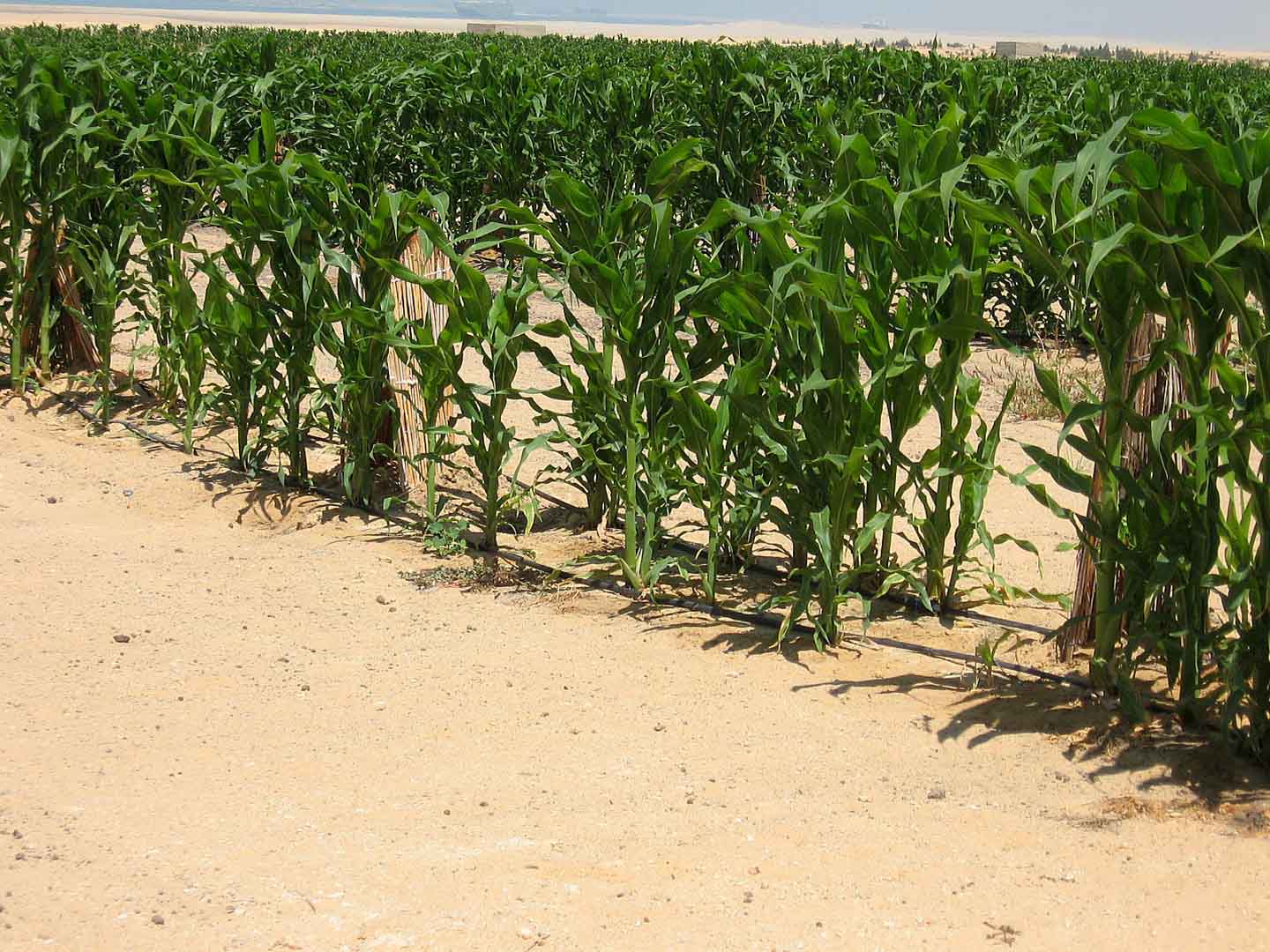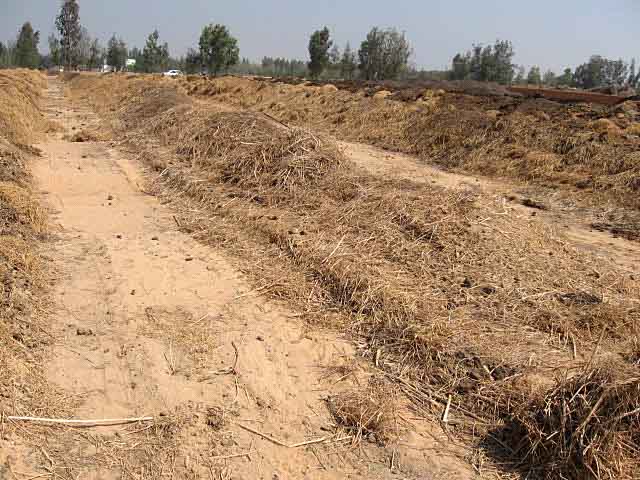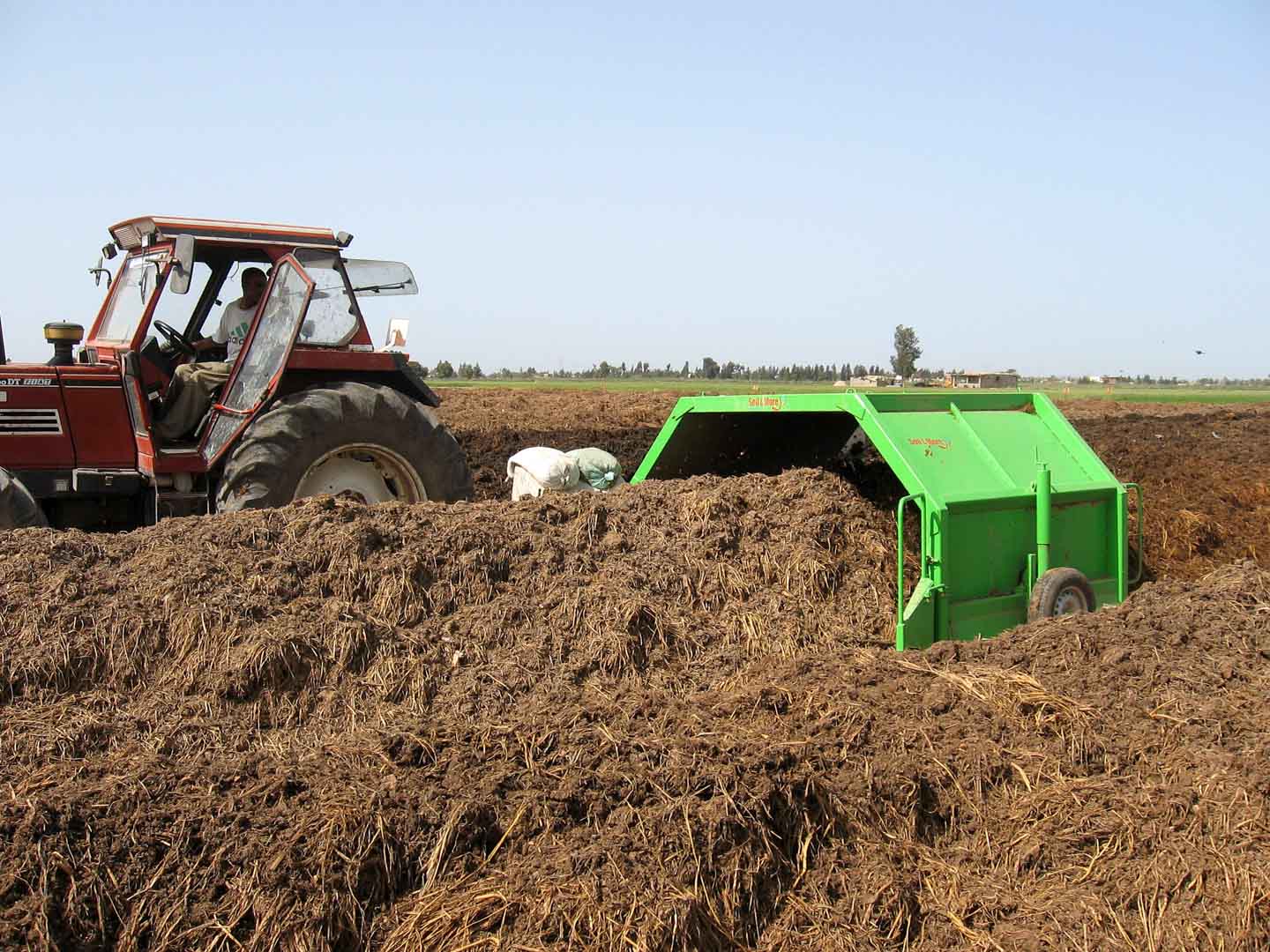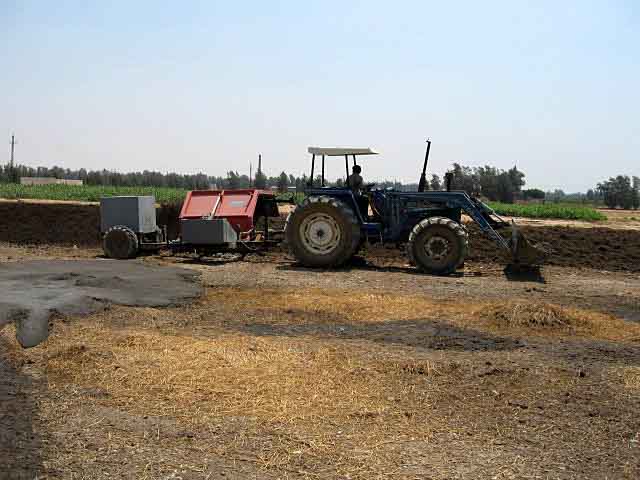Biomass, Cape Town, South Africa
Controlled microbial compost (CMC) is produced at this site, which is run by the South African company Reliance Compost (Pty) Ltd. Organic waste from municipal gardens is used which would otherwise be disposed of at the municipal landfill. The organic waste would have decomposed anaerobic, thereby releasing methane into the atmosphere. However, methane emissions are avoided during the new controlled microbial composting process with the result of an annual reduction of 60,000 tons of CO2-equivalents. The existing composting site was planned to be shut down due to profitability constraints, if there had not been a joint venture with the Dutch company Soil and More International. Now, in the context of this project, a new and larger composting site will be built and run next to the existing composting facility.
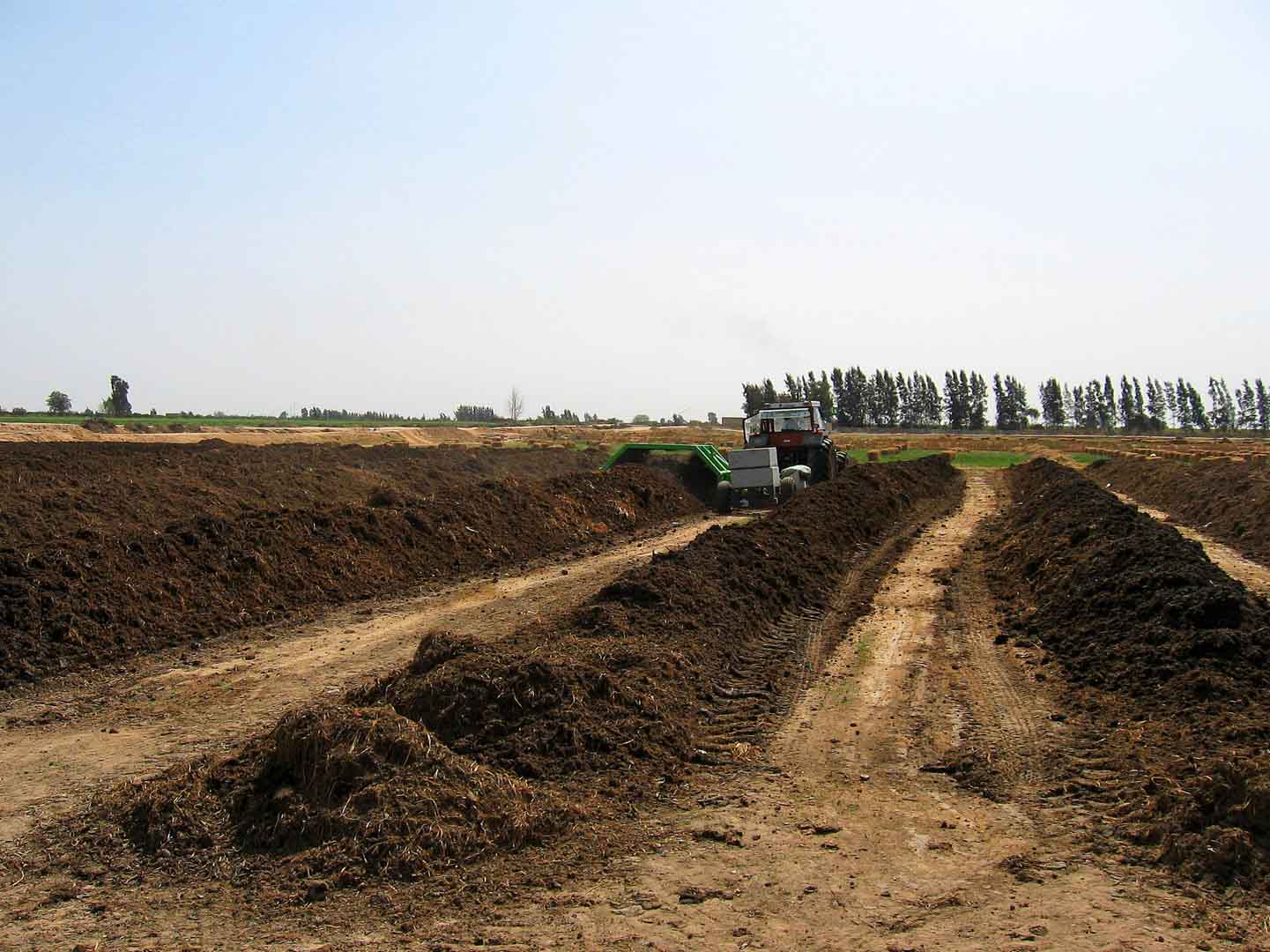
How biomass projects help contribute to climate action
Biomass refers to organic residues such as tree branches, leaves, sawdust, wood chips or coconut shells. Those are of a biogenic, non-fossil nature that can be used to generate renewable energy. One way to generate renewable energy, among others, is to fire kilns using biomass. This process prevents harmful smoke and large quantities of CO2 to be released.
As an additional greenhouse gas reduction measure, biomass climate projects mostly prevent biomass from rotting in the open air, so that no methane (CH4) is released. Biomass projects in the ClimatePartner portfolio are registered with international standards.
Four criteria for projects to meet quality thresholds
The life cycle of a climate project
A climate project has a set life cycle consisting of various phases, from the feasibility assessment to the retirement of Verified Emission Reductions (VERs).The project developer reviews the general feasibility of the project, the project design, and the financing. Then, the Project Design Document (PDD) is prepared, which contains all the basic information about the project, such as the objective, location, timeline, and duration.
In this phase, independent auditors examine the PDD and the information it contains. This phase often also involves field visits with on-side interviews and analyses. Auditors are accredited, impartial assessors who have to be approved by the relevant standard as a validation and verification body (VVB). TÜV Nord/Süd, S&A Carbon LLC., and SCS Global Services are examples of VVBs."
Once validated, the project can be registered with a standard such as the Verified Carbon Standard or the Gold Standard. All high-quality climate projects are based on international standards. They provide the framework for project design, construction, carbon accounting, and monitoring. Recognised standards make the climate project system and the projects themselves resilient, traceable, and credible.
After the climate project has been registered, the monitoring begins. Here, the project developers monitor and document the data of the project activities and progress. The duration of the monitoring phase varies from project to project: it can cover two years, but documentation over five or seven years is also possible.
At the end of each monitoring phase, a VVB checks and assesses whether the values and project activities stated in the monitoring report are correct. As with validation, visits to the project site are often part of the verification process.
Once verified, the emission reductions that were confirmed in the verification phase can be issued as VERs. The steps of monitoring, verification, and issuance of VERs are repeated regularly and are therefore considered as a cycle.
Once a VER has been used, it must be retired. This process is also reflected in the registry. If the financing of a climate project is done through ClimatePartner, the VERs are bundled in a system certified by TÜV Austria and then retired on a regular basis. This ensures that each VER can no longer be sold and is only used once, preventing double counting.
Explore our projects
Biochar for Climate Action, Healthy Soils, and Better Harvests
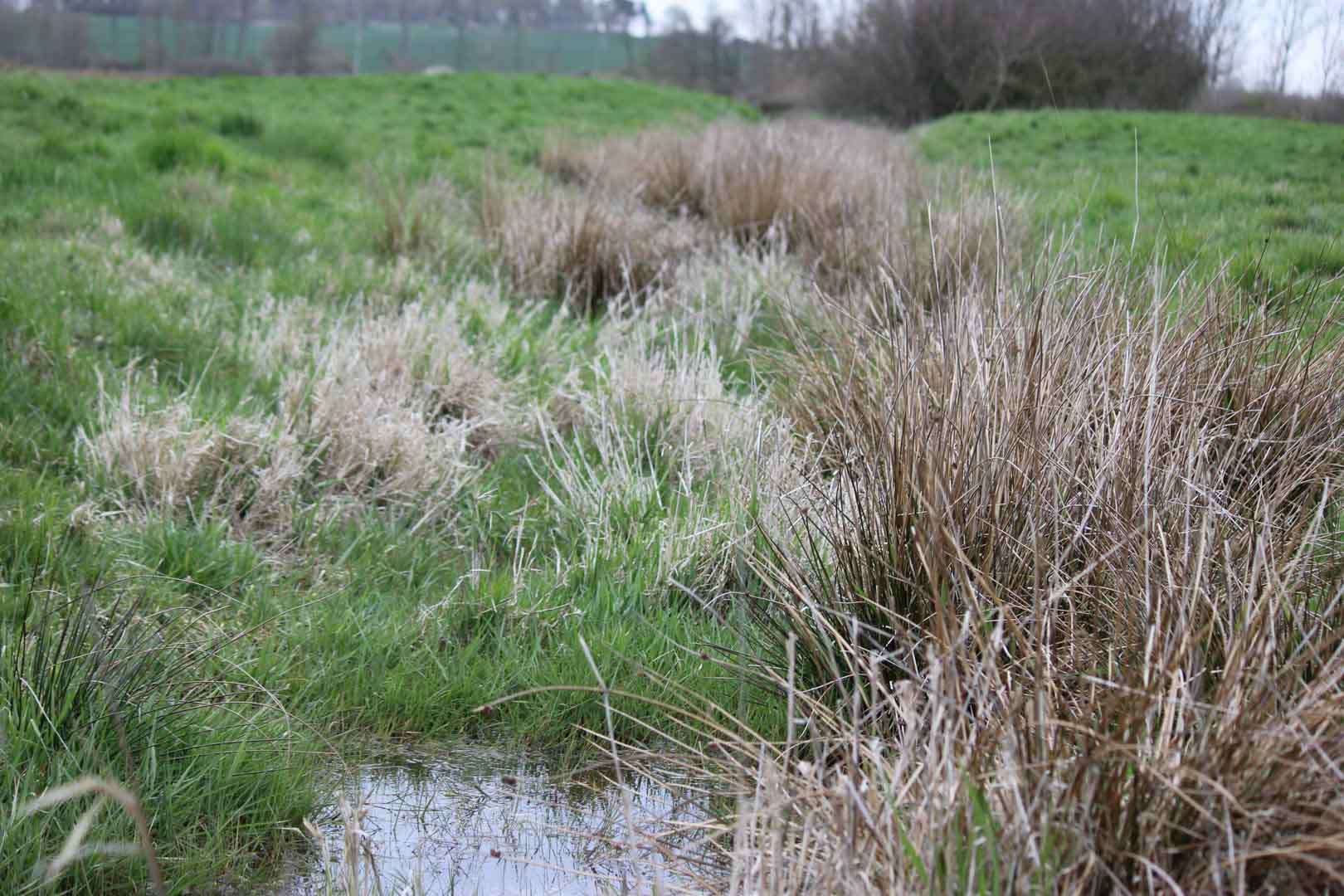
A certified climate project combined with additional commitment
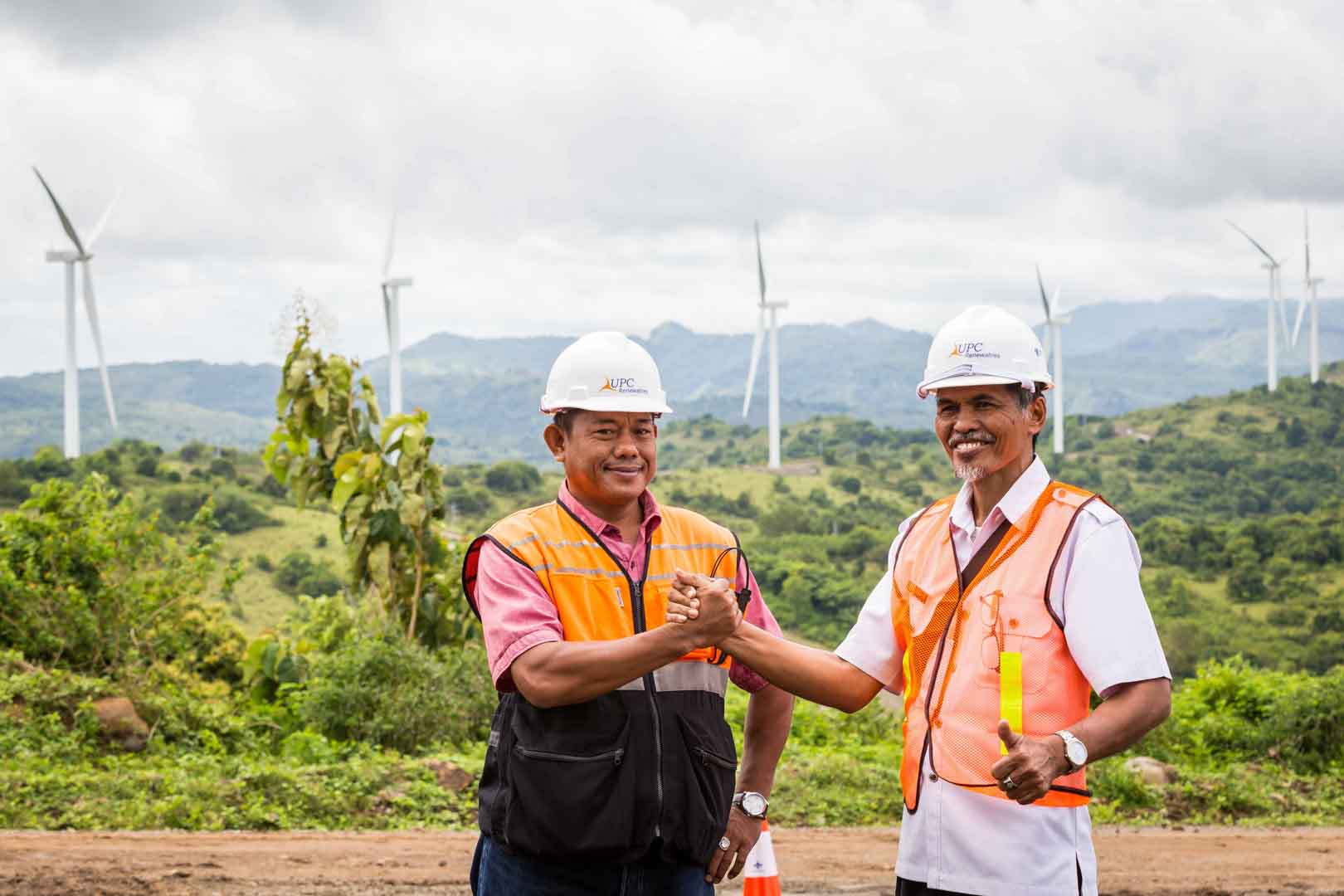
Expansion of renewable energy generation in Asia
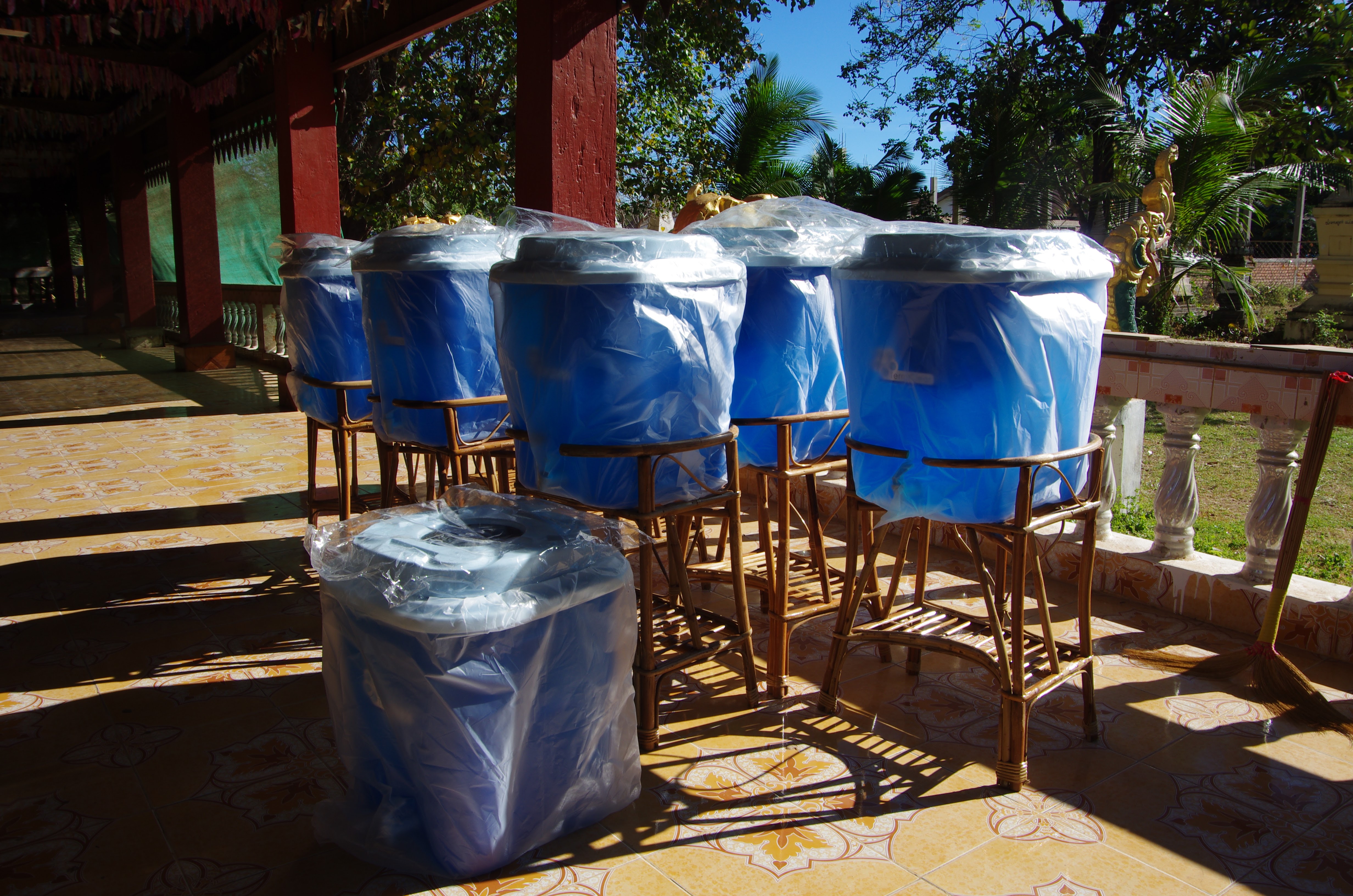
Ceramic water filters save CO2 and improve health
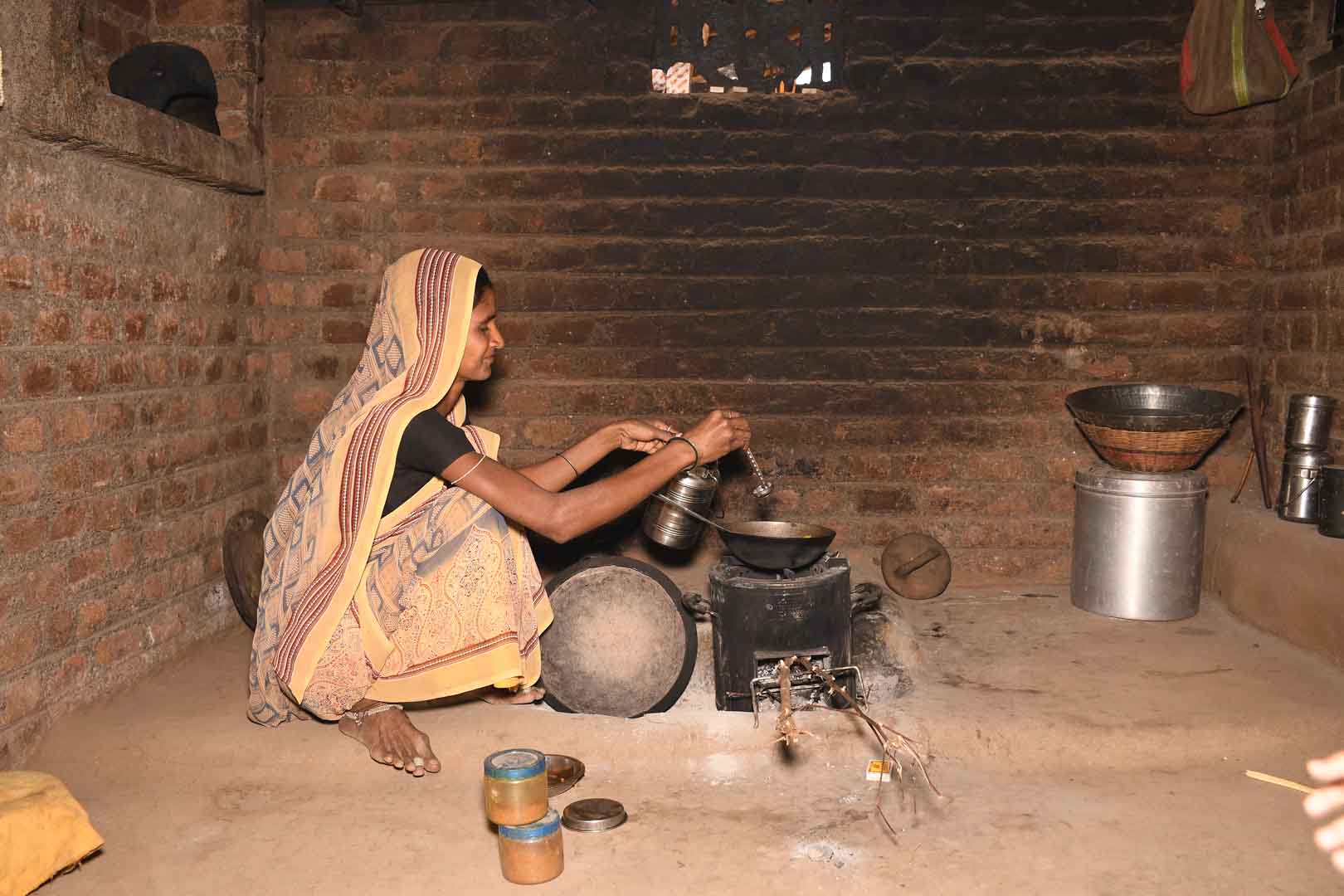
Improved cookstoves worldwide – for better health and cleaner air

A certified climate project combined with additional commitment
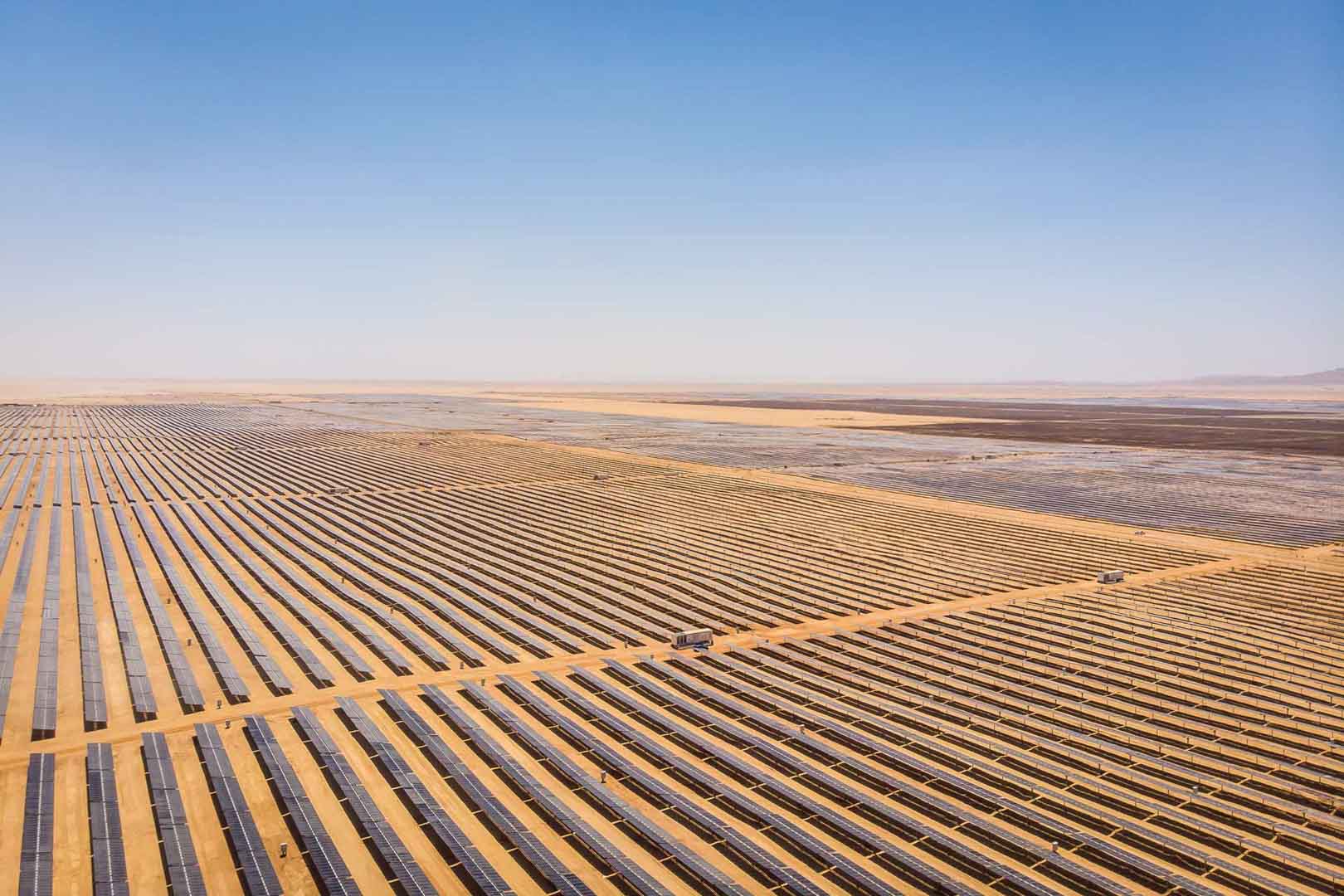
Powering access to renewable energy in Africa
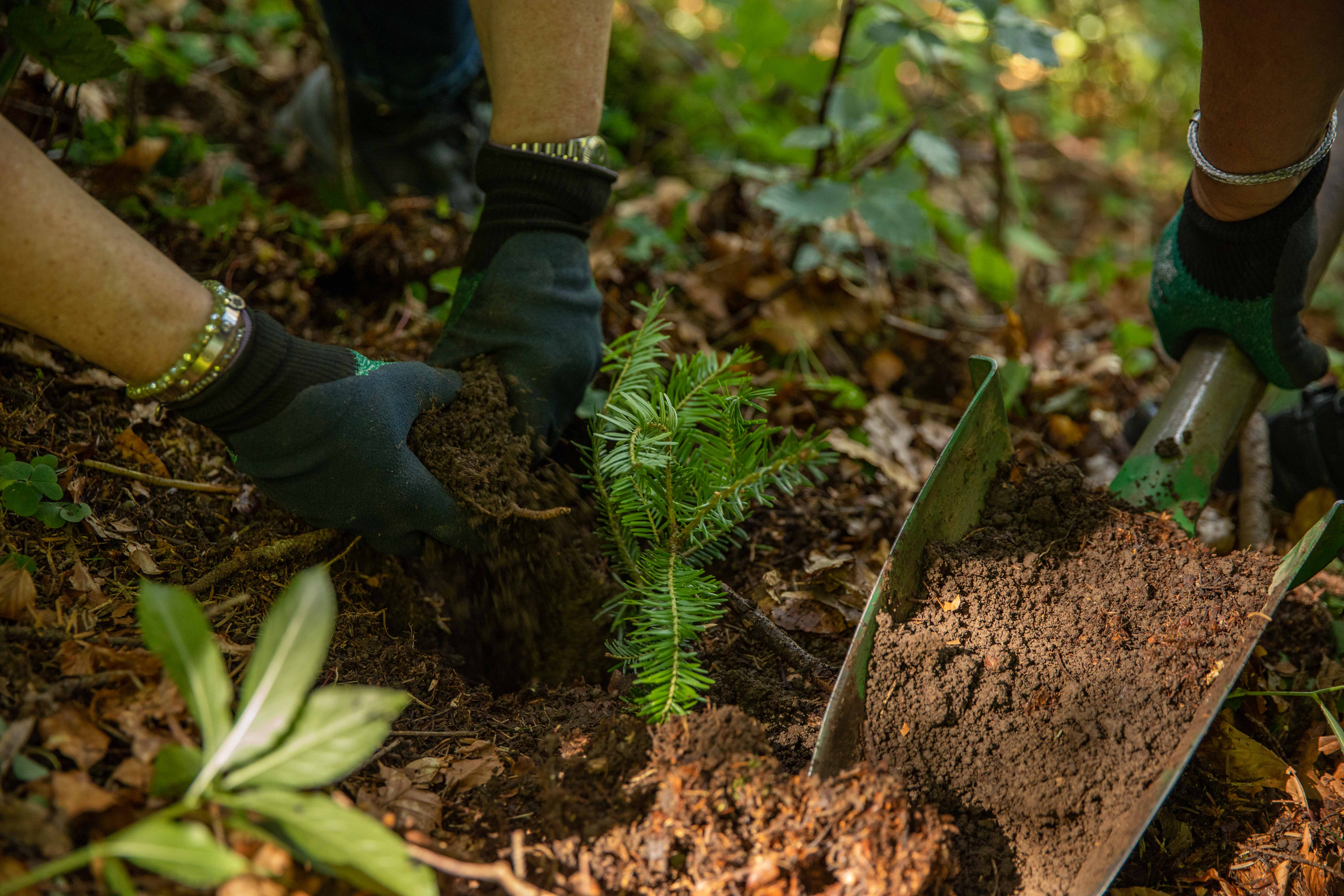
A certified climate project combined with additional commitment
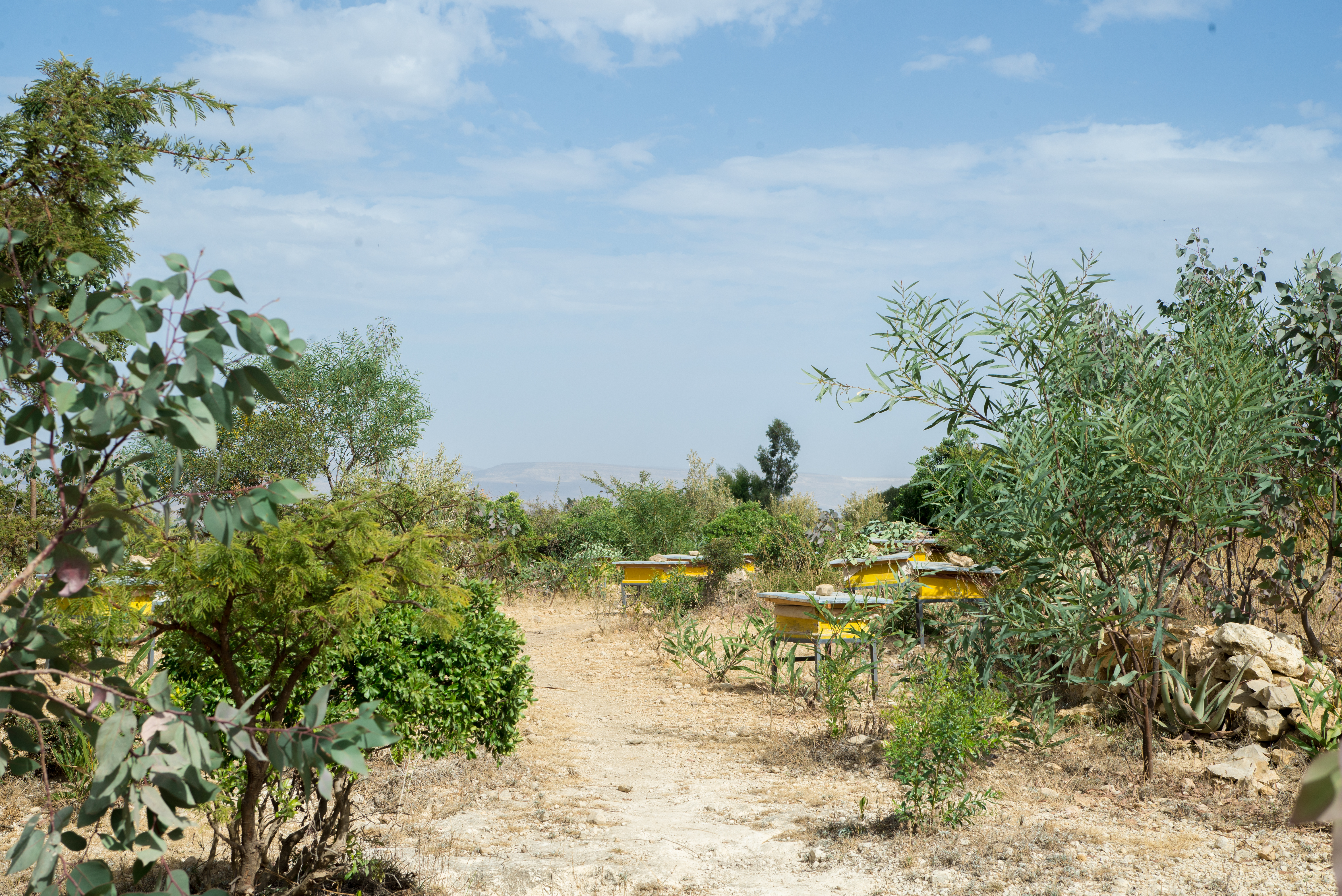
Restored ecosystems remove carbon
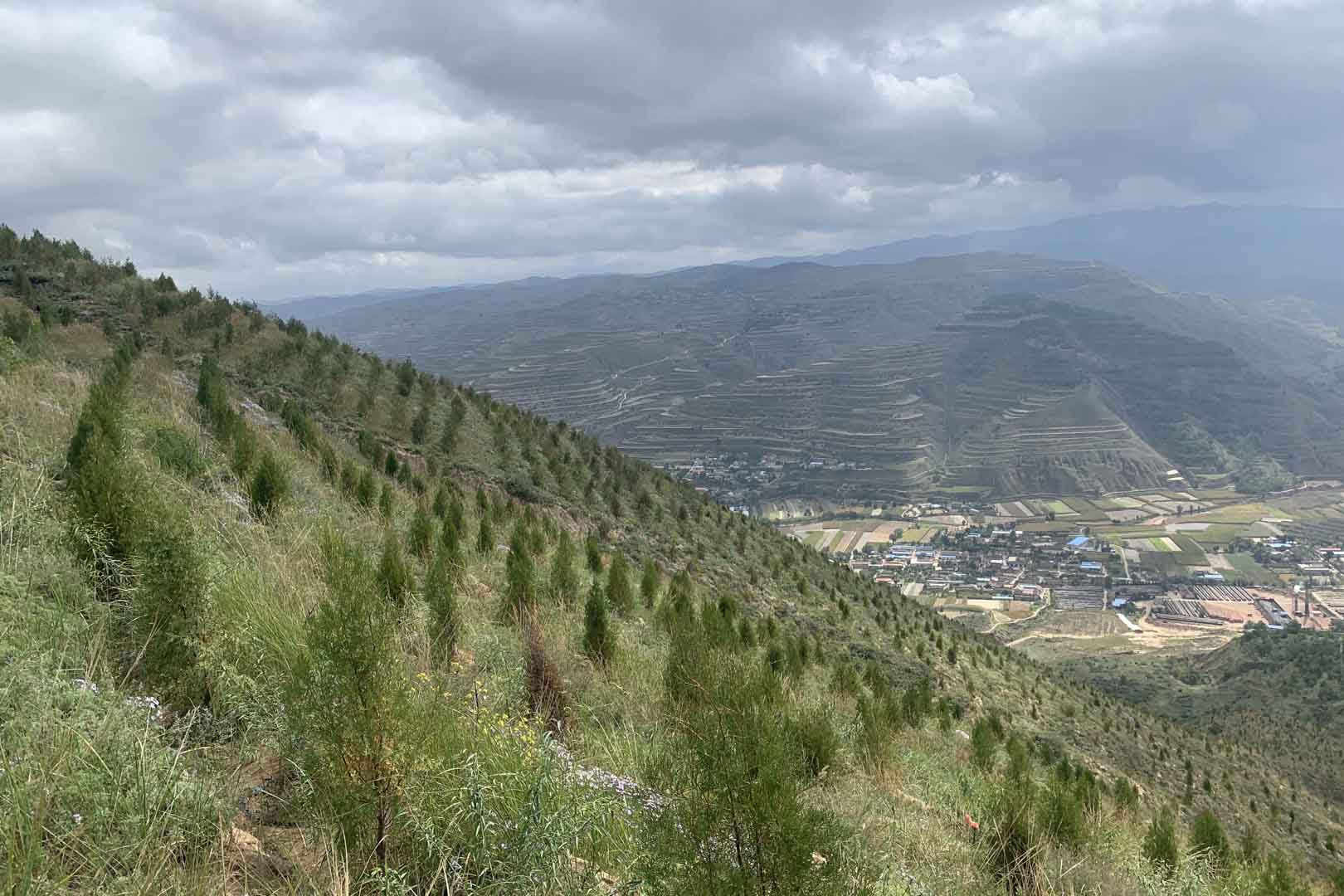
Turning degraded farmlands into healthy ecosystems
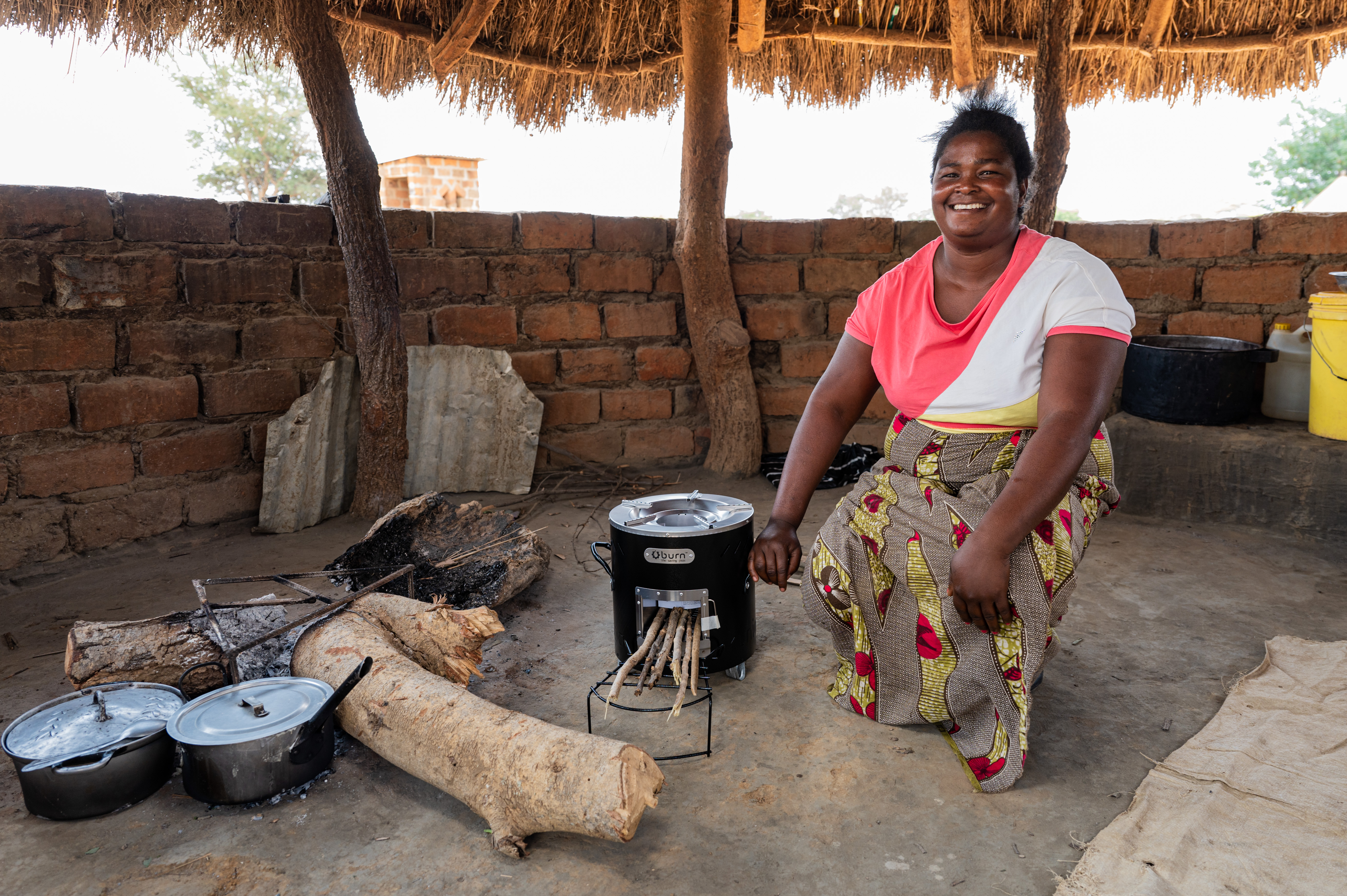
Improved cookstoves - better for health and the environment
